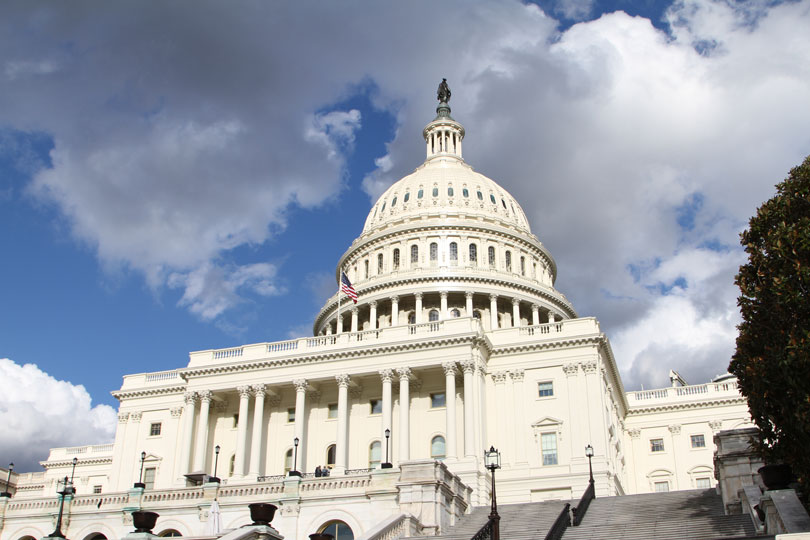By Jessica Domel
Multimedia Reporter
The U.S. Senate is expected to consider its agriculture committee’s draft of the 2018 Farm Bill later this week, and the legislation has the support of U.S. Sen. John Cornyn of Texas.
Last week, the senior senator from Texas shared his thoughts on the bill on the Senate floor.
“This year’s farm bill will be hugely impactful for farmers and ranchers in my state—Texas. Among its most noteworthy provisions are protecting seed cotton eligibility for the farm bill safety net,” Cornyn said.
In the 2014 Farm Bill, seed cotton was not eligible for the Price Loss Coverage (PLC) or Agriculture Risk Coverage (ARC) safety net programs in Title 1.
“In the supplemental funding bill we passed last February, we worked hard to include this language returning cotton to the safety net—to help cotton growers compete on a level playing field after years of depressed prices,” Cornyn said.
Sen. Pat Roberts, chairman of the Senate Committee on Agriculture, Nutrition and Forestry, and Committee Ranking Member Debbie Stabenow announced earlier this month cotton seed is covered in their draft of the bill.
“I want to thank Chairman Robertson and Ranking Member Stabenow for ensuring this policy continues, and that cotton farmers have the long-term predictability they deserve under the farm bill,” Cornyn said.
The committee’s draft of the bill also retains and strengthens PLC, which Cornyn said would help provide Texas farmers with predictability through unstable weather and natural disasters.
“That comes as great news this year, especially when we’re all well aware that much of the Texas Panhandle, as well as much of the rest of my state, remains under severe or even exceptional drought conditions,” Cornyn said.
Crop insurance, crop management tools and programs that incentivize soil and water conservation are strengthened in the Senate draft, according to Cornyn.
“The bill encourages U.S. Department of Agriculture research partnerships, including those at places like Texas A&M, Texas Tech and Prairie View A&M, to promote more productive and profitable farming,” Cornyn said. “It will assist Texas farmers and ranchers in placing and selling their products in foreign markets.”
The 1,000-plus page legislation also promotes animal health and includes funding for disease research programs, including one on the containment of cattle fever ticks.
“This is a parasite-carrying insect with the potential to wipe out cattle herds and cause devastating financial losses. The research programs that we’re promoting will help farmers and ranchers all across the country,” Cornyn said.
In addition to providing stability and predictability for American farmers and ranchers, the farm bill also provides funding for programs that serve consumers across the nation.
“The farm bill is always a significant piece of legislation, because it helps ensure that Americans and many other people who depend upon our food supply enjoy the access to the safest, most affordable, and most reliable food supply in the world,” Cornyn said. “We have to remember that in many non-Western countries, you can’t just walk up to a store and know that what you want will be there on the shelf, or that it will be affordable, or that it will be safe to even eat. The farm bill helps ensure we continue to enjoy each of those things, knowing that we can walk into a store, that we’ll find what we want, that it will be affordable and that it will be safe to eat.”
The Senate ag committee passed its draft of the 2018 Farm Bill last week in a 20 to 1 vote.
Sen. Chuck Grassley was the lone dissenting vote.
“I’ve found in my time in the Senate, agriculture issues and the farm bill doesn’t pit Democrats against Republicans so much as it pits one region of the country against another, which makes it even more challenging. It’s kind of a Rubik’s cube to figure out, but the near-unanimous vote is a testament to the collaboration and bipartisanship of the leaders of the committee,” Cornyn said. “They deserve the respect and appreciation of us all, especially those of us who hail from states where agricult

